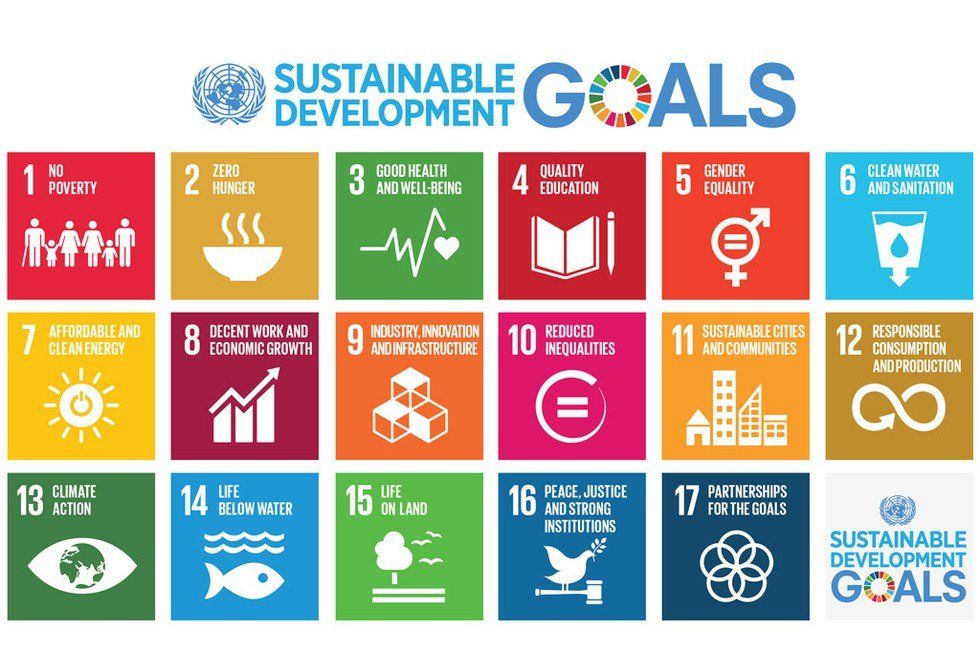As a part of the Climate Change Conference at Muhlenberg College on Friday, February 24, Dr. Bonizella Biagini gave a talk to students and faculty on climate change and its relation to finance. Biagini is a manager for the UNDP’s Programme on Climate Information for Resilient Development in Africa.
Biagini attempted to explain the origins of climate change policy in the UN. The discussion began in Stockholm in 1972. This was where the definition of sustainable development was outlined for the first time as “meeting the needs of the present without compromising the needs of future generations.”
Biagini used her knowledge of the field to explain key events in the development of these goals around the world as well as define the policy that was created and terms such as “global commons” (resources located outside the reach of any particular nation) in an attempt to make the talk more accessible.
However, minutes into the talk it was clear that this speech was not for the commonplace listener or even necessarily for the science students around me. Biagini’s roundabout way of speaking and difficulty with coherently articulating as a non-native English speaker, made the discussion very difficult to understand.
Biagini mentioned in the speech that she felt many of her colleagues got caught up in the numbers when it came to financing sustainable development. She thought that they needed to back off from that in some cases and look at the people rather than the numbers. Another Muhlenberg student, Tova Stein, who attended the talk thought this comment was interesting, seeing as the speaker tended to focus only on the facts and the numbers. However, she wasn’t successful in making the talk accessible to the people in front of her. Stein stated, “I did not walk away with a big picture”.
However, at the end, Biagini did share what she referred to as a little piece of “gossip” circulating around her department of the UN. She stated that there is disappointment with Trump’s opinion towards the idea of climate change. For a long time, there has been the feeling that the United States will always be a leader when it comes to sustainable development. But as she stated, “The world has already said, and they will say it publicly, that the world will go ahead [without the United States]”.
Despite the difficult-to-understand nature of her speech, I was impressed by her ability to clearly and extensively answer the questions presented to her in the Q&A portion. One interesting question related to which country specifically she felt had done exceptionally well in relation to sustainable development. She replied that if she had to name one, she would say that Germany was a leader in that regard. They are one country that has been able to become more sustainable while continuing to grow their economy. However, she did mention, “This is a world where there [are] no saints”.
Her view on climate change issues and sustainable development, in general, seemed to be that we should work to do what Germany has done. We need to continue to grow our economy but not throw away the issues of sustainability in order to do so. We also need to work on prevention of natural disasters rather than pouring our money into recovery. Additionally, we should keep adaptation in mind, which she described as “no more than resilience development”. According to Biagini, we need more concrete policies for these issues or nothing is going to change.





















